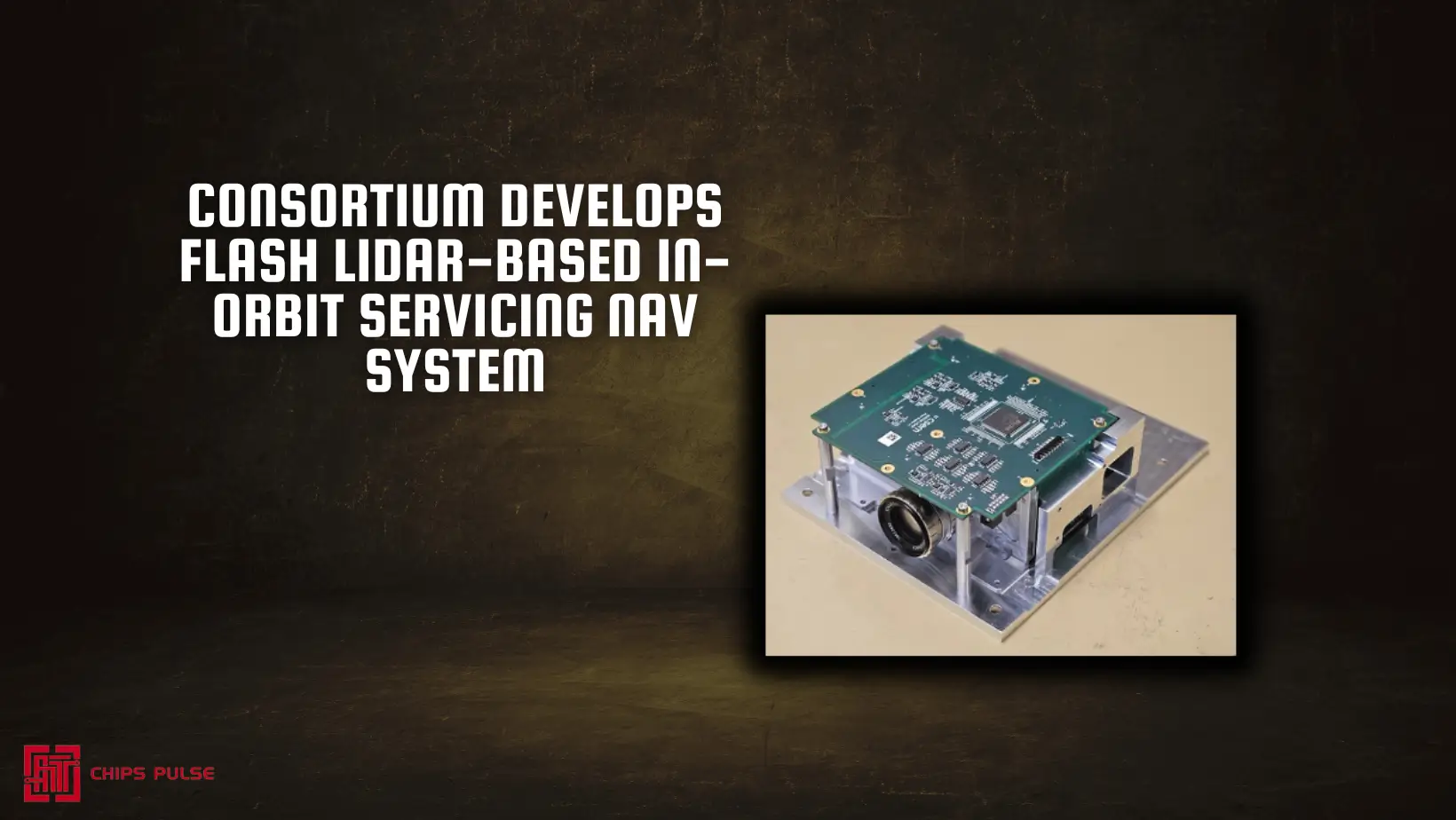A collaborative effort between ClearSpace, CSEM, Klepsydra, and the Swiss Federal Institute of Technology is paving the way for a groundbreaking development in the realm of space technology - a flash lidar-based real-time autonomous navigation system for In-Orbit Servicing (IOS).
The primary focus of this project is to tackle the pressing issue of space debris, encompassing millions of orbiting fragments that pose a significant threat in space. ClearSpace, a Swiss in-orbit services company, is spearheading this endeavor with a vision to enhance space sustainability by utilizing advanced technology.
The consortium aims to create a fully autonomous navigation system leveraging flash lidar technology. This innovative system will incorporate learning models for point cloud-based 6D pose estimation, deployment capabilities through Klepsydra AI software, and a sophisticated Guidance, Navigation, and Control subsystem for target motion synchronization. Initially geared towards the removal of defunct satellites, ClearSpace envisions expanding its operations to extend the lifespan of satellites by offering services such as refueling and repairs. This ambitious project has received support from the Swiss innovation agency Innosuisse to propel its progress.
Alongside ClearSpace, the collaboration involves Zurich-based Klepsydra Technologies, known for its high-performance data processing, and CSEM, a Swiss R&D center specializing in precision manufacturing, digitalization, and renewable energy. The Swiss Federal Institute of Technology in Lausanne also plays a crucial role in this partnership, bringing valuable expertise to the table.
Emphasizing the gravity of the situation, the consortium cites the European Space Agency's (ESA) data, revealing that over 35,000 objects larger than 10 centimeters are orbiting Earth. When factoring in tiny debris ranging from 1mm to 1cm, the count skyrockets to a staggering 130 million objects. Orbiting at 28,000 km/h, these debris metamorphose into potential projectiles that endanger activities in space.
Through their collaborative efforts and cutting-edge technology, the consortium aims to pioneer solutions that not only address the imminent challenges posed by space debris but also pave the way for a more sustainable and secure future in space exploration.
